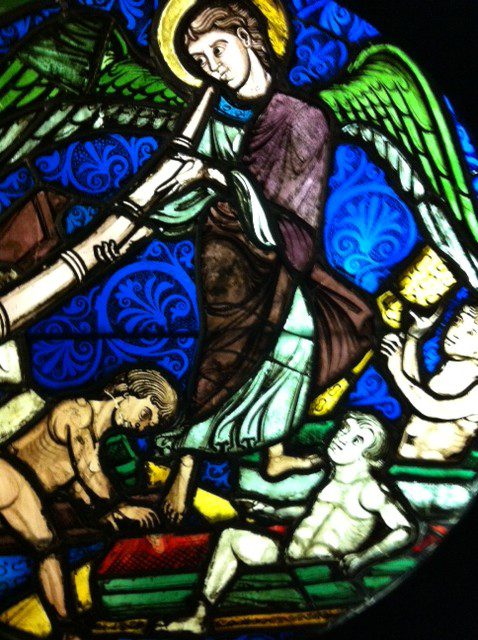Benedict, Beauty, And Christian Belief

In the solemnity of her worship the Church expressed the glory of God, the joy of faith, the victory of truth and the light over error and darkness. The richness of the liturgy is not the richness of some priestly caste; it is the wealth of all, including the poor, who in fact long for it and do not at all find it a stumbling block. The whole history of popular piety shows that the poorest have always been instinctively and spontaneously ready to do without necessities in order to show honor through beauty to their Lord and God without giving any thought to themselves… A theologian who does not love art, poetry, music and nature can be dangerous. Blindness and deafness toward the beautiful are not incidental: they necessarily are reflected in his theology.
— Joseph Cardinal Ratzinger, later Pope Benedict XVI
If that is true of theologians, is it any less true of ordinary Christians?
Roberto passes along this essay from the Australian Catholic Tracey Rowland, who says in part:
The Franciscan psychologist Benedict Groeschel has argued that most people have a primary attraction to one or other of the transcendentals. He offers St Augustine as an example of someone whose primary transcendental was beauty; St Thomas Aquinas, someone whose primary transcendental was truth; and St Francis of Assisi as someone whose primary transcendental was goodness. This is not to suggest that any of these saints lacked an appreciation of the other two transcendentals – merely that in their work one can detect a primary attraction to one or other of them. No one transcendental is any more important than any other, just as no member of the Trinity is more important than any other.
My guess is that John Paul II’s primary transcendental was either truth or goodness, whereas I think for Benedict it is clearly beauty. This means that the two papacies are likely to complement one another by dealing with different areas of Church life in need of repair. It explains, for example, John Paul II’s interest in moral theology and Benedict’s interest in liturgy.
I like that distinction Groeschel makes: not beauty or truth or goodness, but all three, complementing each other, each deficient in some way without the others.
